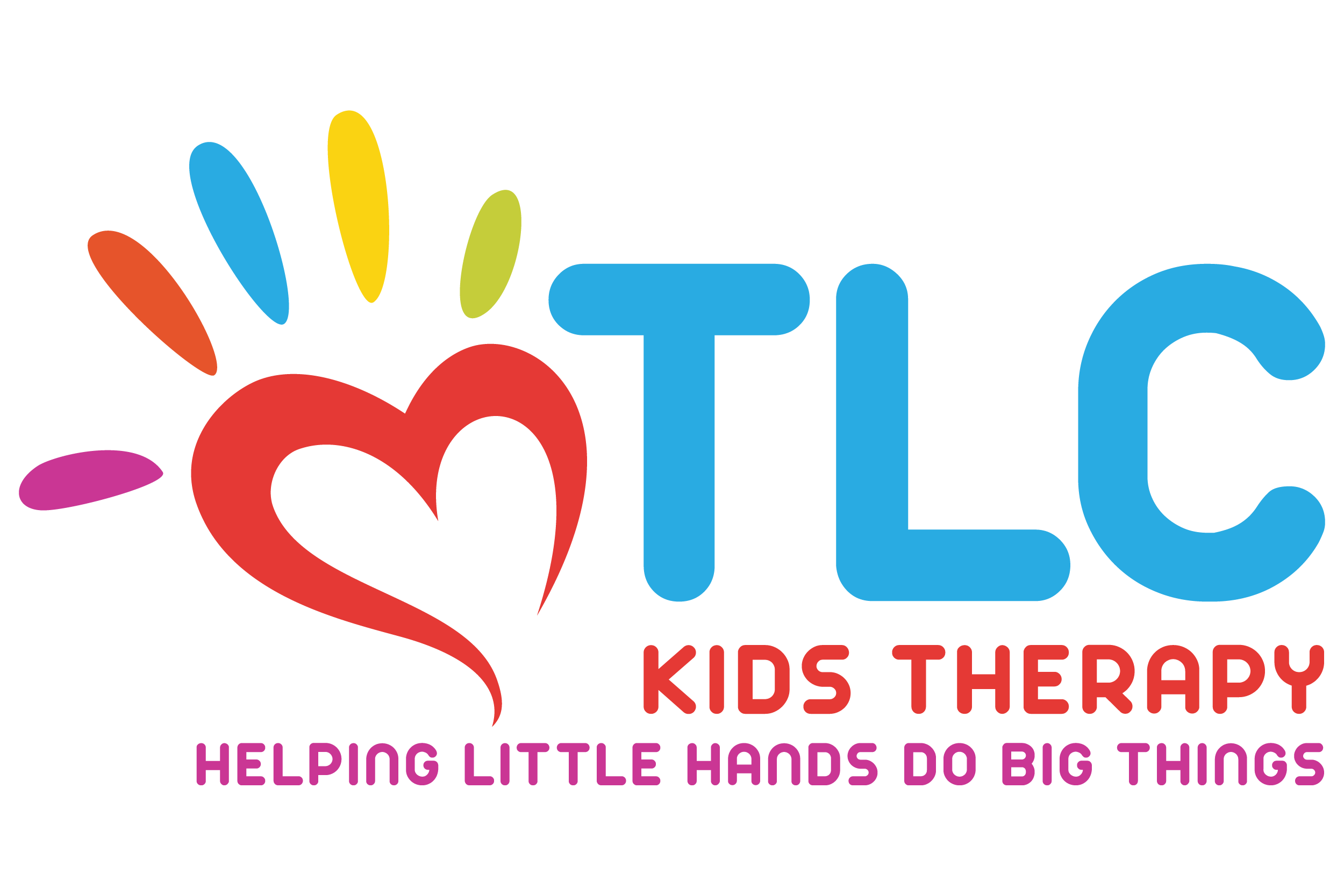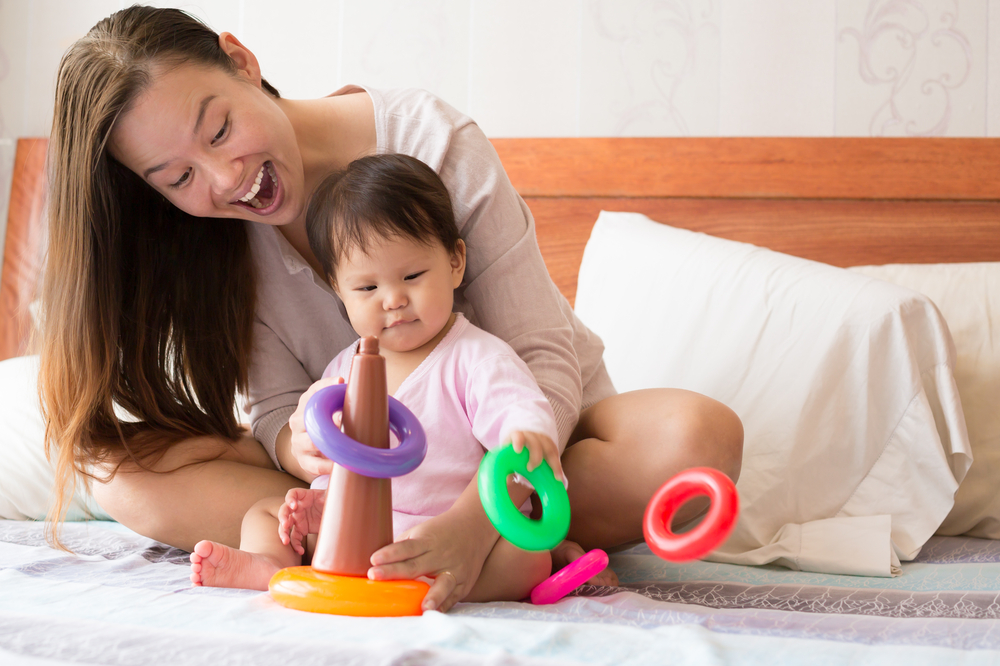Self care skills, sometimes called self-help skills, are the routine tasks and activities undertaken so that your child can be ready to fully participate in various life activities (such as dressing, making their bed, eating and taking care of their oral health). They are also known as activities of daily living (ADL).
Although these skills are often supported and augmented by adults in younger children, a child is expected to grow more independent in these areas as he/she grows older.
Importance of Self Care Skills
Self care skills are one of the initial ways that your child develops the ability to properly plan, sort, and sequence task performances. They develop more refined physical control needed to perform daily tasks and activities, such as opening their lunch boxes, drawing a picture, or standing to pull up their pants.
This is why self care skills are vital and act as key precursors for a variety of school related tasks and life skills. Keep in mind that the term ‘self care’ suggests that the child will be functioning independently. Clearly there are times that children may still need some level of assistance.
Building Blocks
Finger and Hand control: The ability to skillfully use and move their hands in a refined and controlled manner to manipulate and use zippers, buttons, snaps, a toothbrush, etc.
Finger and hand strength: The ability to apply appropriate pressure for dressing, using utensils, grooming, etc.
Sensory processing: Registration, interpretation, and response to various sensory stimuli from the environment and to one’s own body.
Planning, sorting and sequencing: The sequential or chronological multi-step activity or task performance in order to achieve a defined and desired result or outcome (such as teeth cleaning and dressing).

